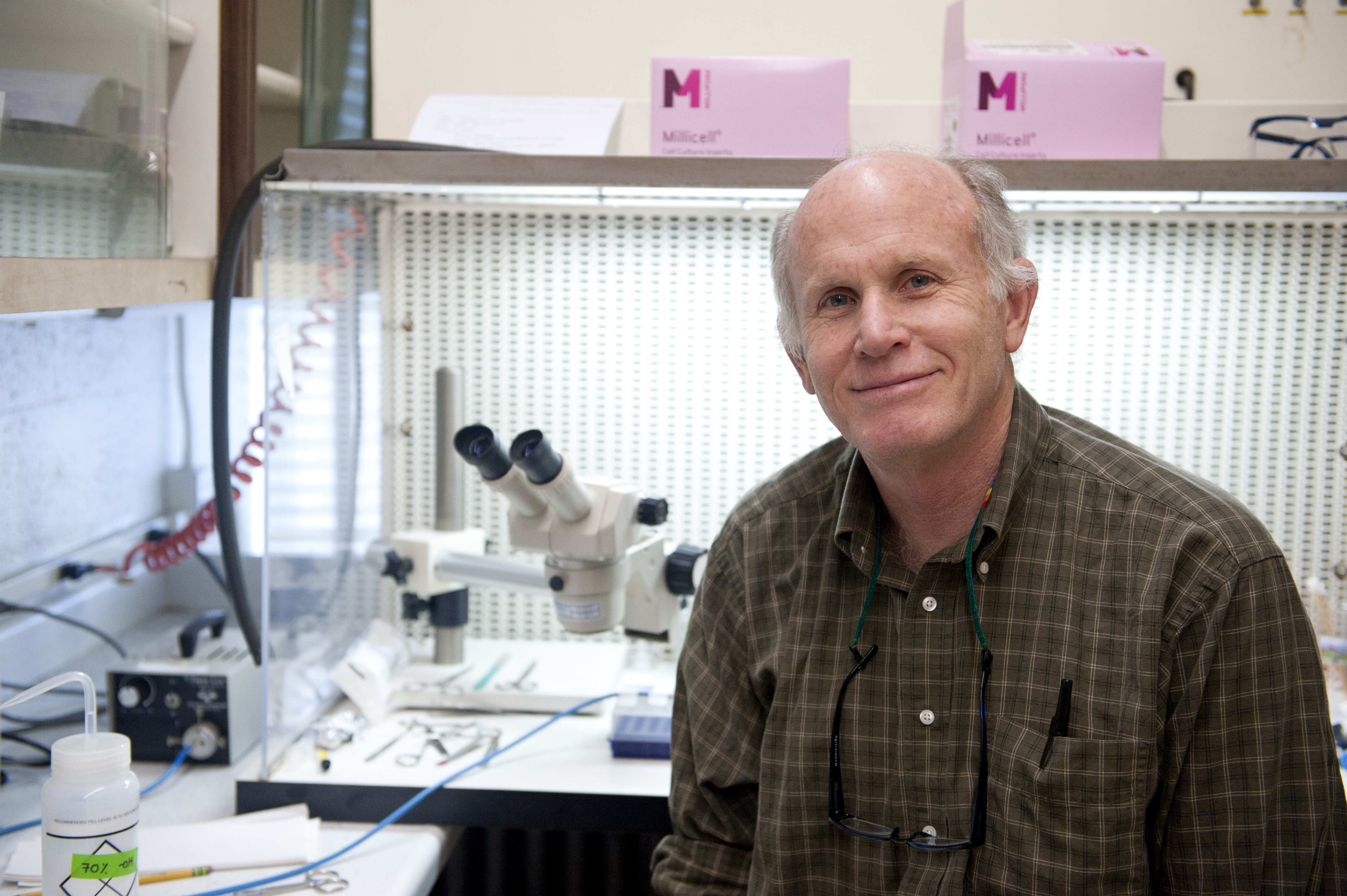Prof. Fred Davis explains the Science of Sleep
Experience tells us that sleep has a purpose; when we don’t get enough we feel and perform poorly and we develop an overwhelming drive to get sleep. Despite this, the functions of sleep and the reasons it evolved in so many animals are not fully understood. Three favored hypotheses are 1) a state in which cells restore themselves; 2) a way to conserve energy; and 3) a state that promotes learning and memory. The brain uses a lot of energy, 10 times more than predicted based on weight alone. The formation of long-term memories, to remember something for more than a few minutes or hours, requires energy for the synthesis of new molecules and for stronger connections among nerve cells. The activation of the brain by sensations during wakefulness also requires energy and it is a challenge for the brain to sort out which experiences should be transferred to long-term memory. Sleep provides a state with reduced sensations when the brain has the energy to select and make long-term memories. Experiments in humans and in laboratory animals have shown that learning and memory are disrupted when subsequent sleep is prevented and that sleep allowed soon after learning improves memory.–COS News article by Jason Kornwitz

